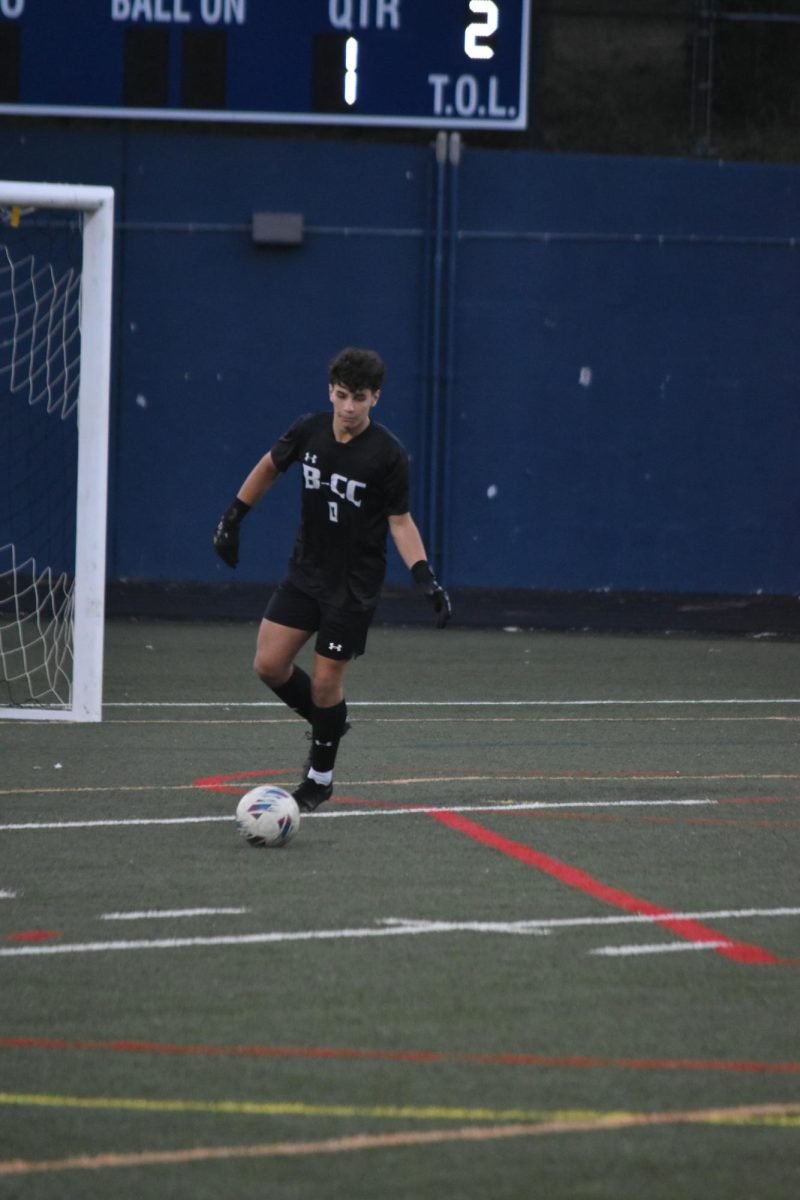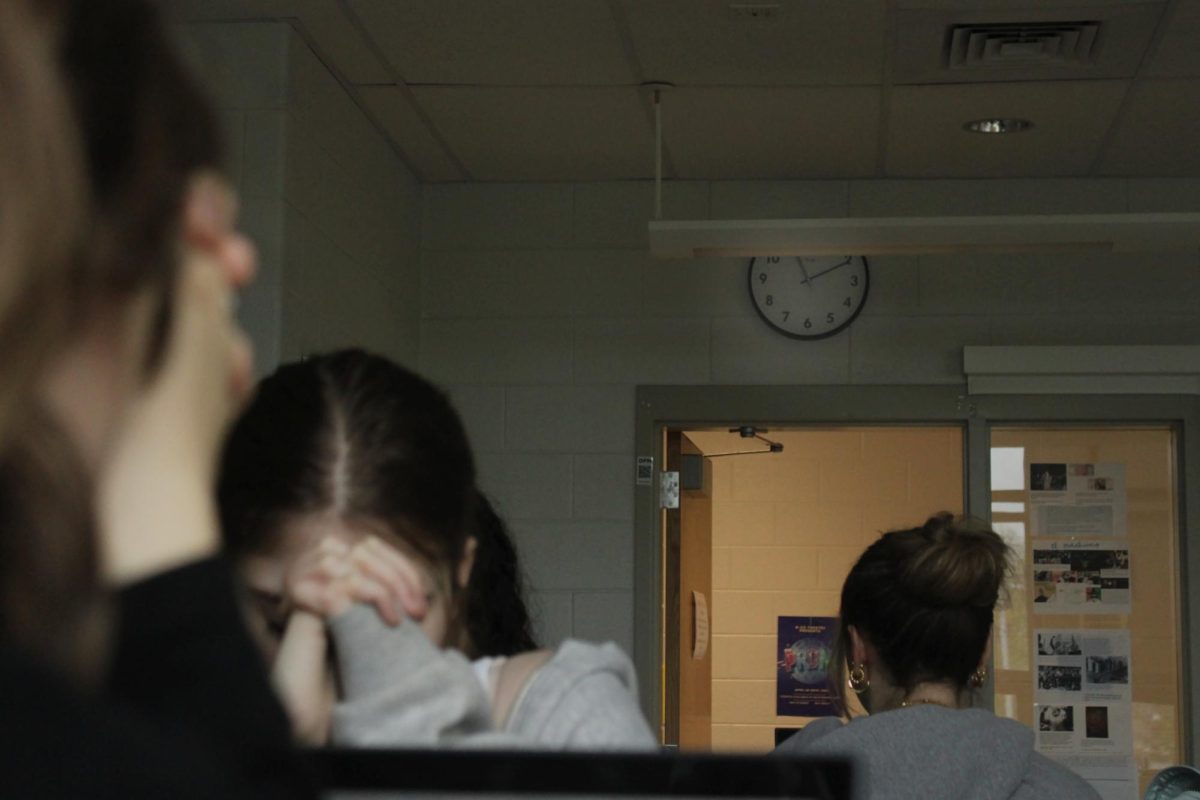Stop Summer School Stigma
June 15, 2023
You haven’t lived if you haven’t seen at least one stereotypical movie where the jocks or the outcasts are failing classes. Their punishment? Retake them over the summer. However, this stereotype fails to live up to the present.
There should be no shame in deciding to take summer classes for enrichment or to boost your skills for the upcoming school year.
B-CC LSP’s (Local Summer Program) available classes were released through a recent email. Due to county budget cuts (see our story here), elective courses are not available this summer. Still, subjects such as Geometry, Algebra 1 and 2, and English throughout all grades are available for students to enroll in. “[Classes being available over the summer] is good for students and gives them more opportunities,” said junior Keith Simpkins.
It shouldn’t matter whether students are taking the LSP’s classes for a head-start or a chance at replacing their overall grade. There’s also no need to know someone’s reasoning. “It’s a little weird for someone to pry on the reason why you’re taking [classes] just because you never know,” continued Simpkins.
Teens are using the resources provided to their greatest advantage.” Junior Jennifer “Jenny” Mendoza commented, “It’s essential. It’s for students’ benefit and helps them get the credit they need to graduate.” Speaking from experience: the summer before sophomore year, I took a class in preparation for the MYP Project. While this course isn’t being offered this summer, summer school is still a place to use valuable resources.
The Association for Supervision and Curriculum Development wrote an article detailing how summer school deserves to be the center of the reform agenda. The original aim of summer school was to help those who are behind in class, but in recent years it has become much more than that. The ASCD’s article specified, “The summer months provide the ideal time for schools to pilot new approaches to teaching and learning that look and feel different from those offered in the regular school year.”












































